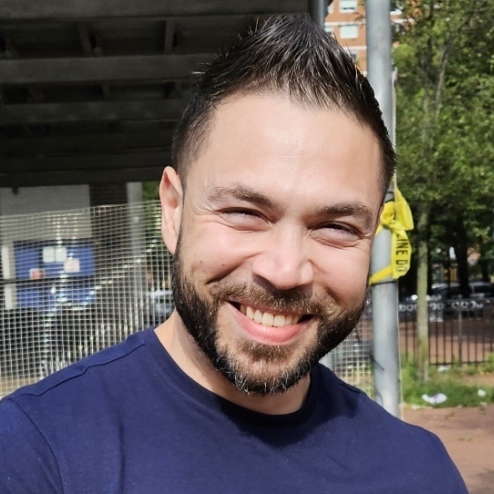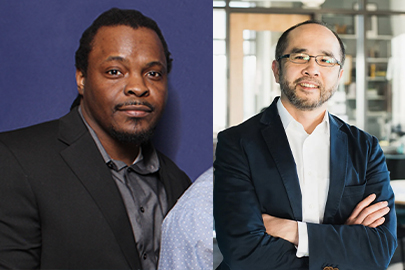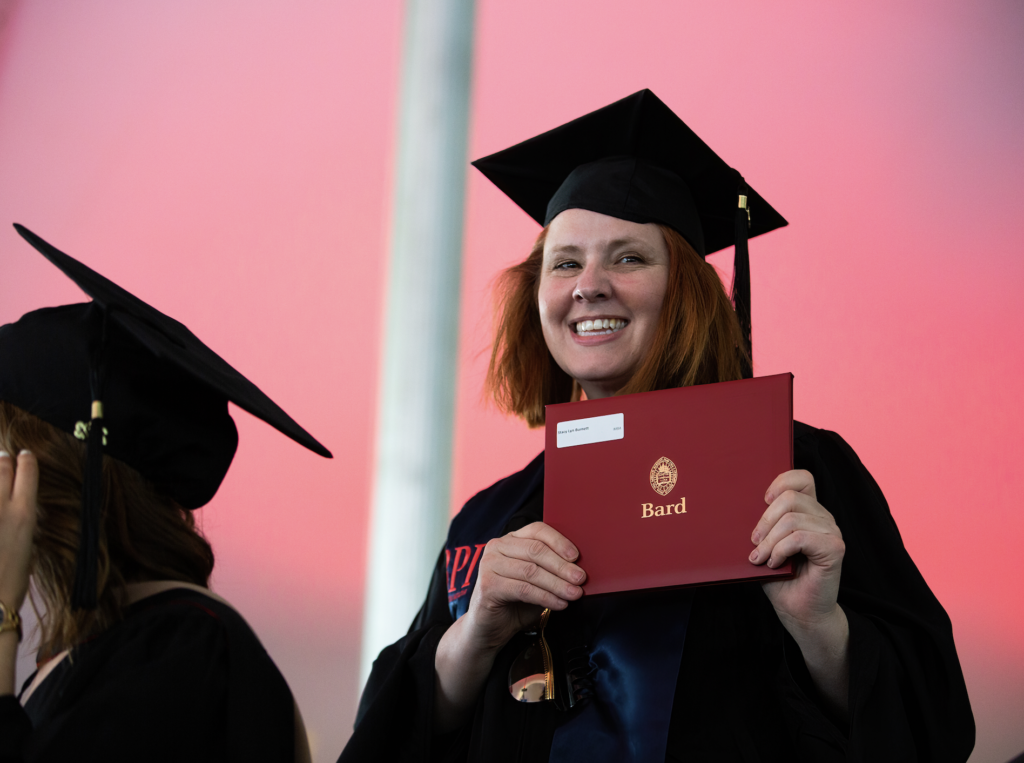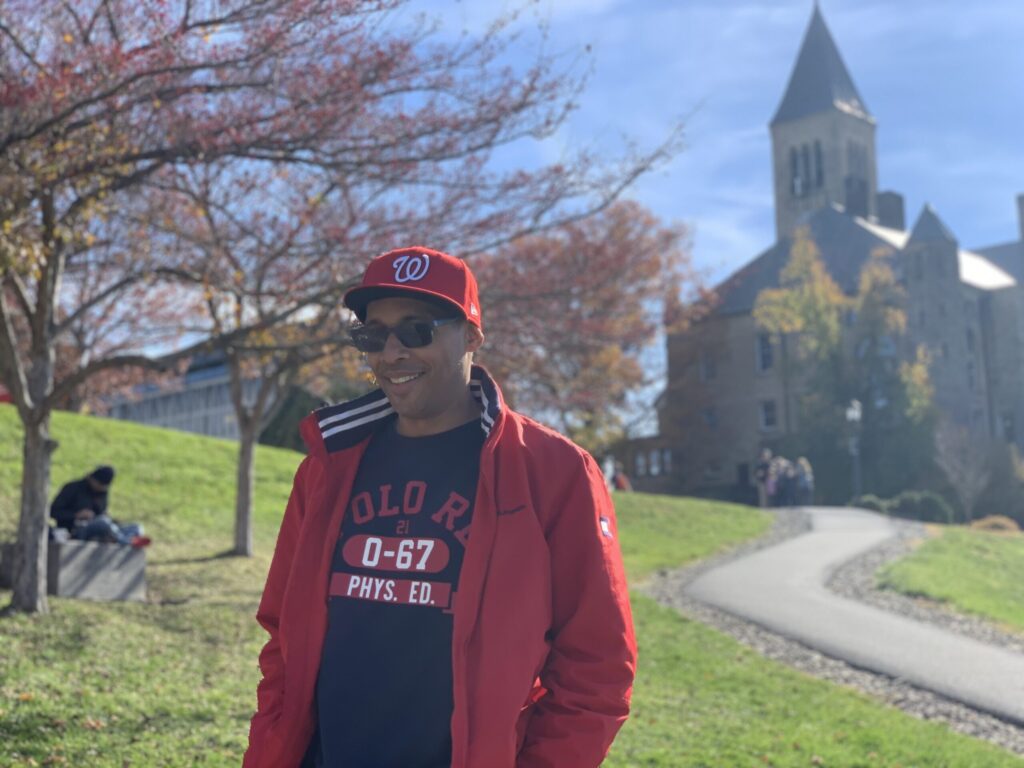The Bard Prison Initiative Education Fellowship is in full swing. This year we have four dedicated and creative cohorts. They are working at various junctures in the educational space, but their mission to foster more equity, more social and emotional awareness in the public education sector align.
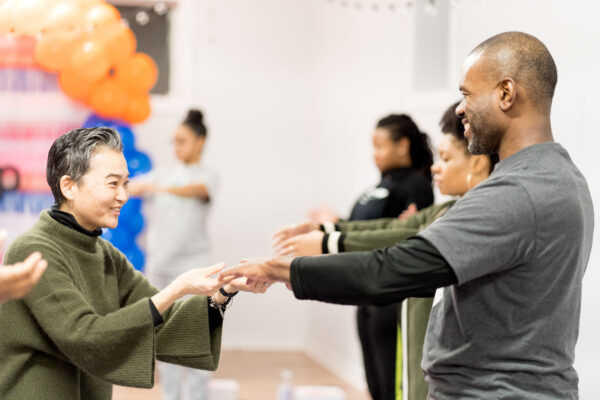
Yuko Uchikawa during a restorative engagement session. Photo credit: Tommy T Photography.
The BPI Education Fellowship is an academic and professional development program to prepare formerly incarcerated individuals – both BPI alumni and beyond– to become leading professionals in the educational space. So far, the education-related topics we have covered in the fellowship include: building intentional communities in schools;, participatory action research;, and restorative justice.
The fellows enjoyed reading essays and articles about restorative justice and interacting with Restorative Justice Practitioner, Yuko Uchikawa when she visited us in January to talk about her work. We also had the opportunity to participate in a restorative circle.
Here’s a brief conversation between Leslie-Ann Murray, Director of Education Programs at BPI and Yuko Uchikawa.
Leslie-Ann: Why is restorative justice important?
Yuko: Restorative Justice (RJ) invites us to create a culture that centers relationships and healing rather than push out and punishment. Together in community, we strengthen our ability to name the harms, learn to hold each other accountable, and drop our habitual ways of blaming and shaming one another when harm happens.
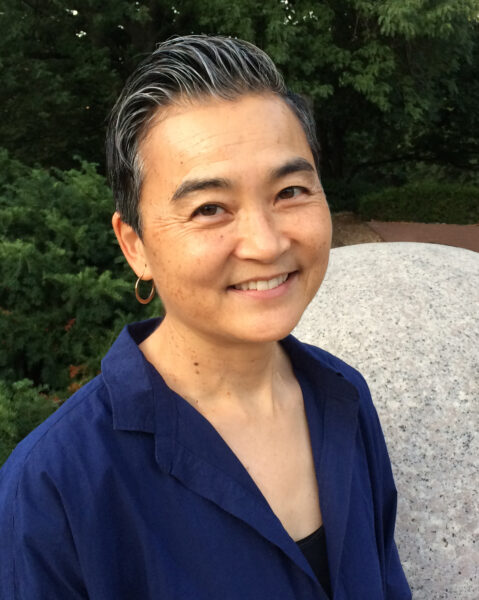
Yuko Uchikawa
Leslie-Ann: Why is restorative justice important in our society?
Yuko: RJ is also both a commitment and a practice to disrupt racism and inequities. Harm occurs in the context of white body supremacy. Harm impacts us not just emotionally and intellectually—it breaks our bodies. The harm sustained by Black, Indigenous, and Bodies of Color need a practice that guides us to return to our bodies and minds to heal. That is essential for our liberation and Restorative Justice opens the door to that possibility.
Leslie-Ann: Why is Restorative Justice important in education?
Yuko: Restorative Justice, in principle and practice, works to build equity and justice, fosters connection, community and healing—essential conditions that we desperately need in education for all to thrive. It also centers and strengthens the voices of the students. I am particularly interested in how RJ invites the educators, one of the power holders in this structure, to reflect on and dismantle the system of harm and end the disproportionate punishment that produces traumatic outcomes for BIPOC individuals and communities.
Leslie-Ann: Any final words about Restorative Justice?
Yuko: RJ challenges us to shift our mindset—to decolonize and be present together in complexity. For me, it’s a way of being in the world that allows me to intentionally and continually transform as a human being.
